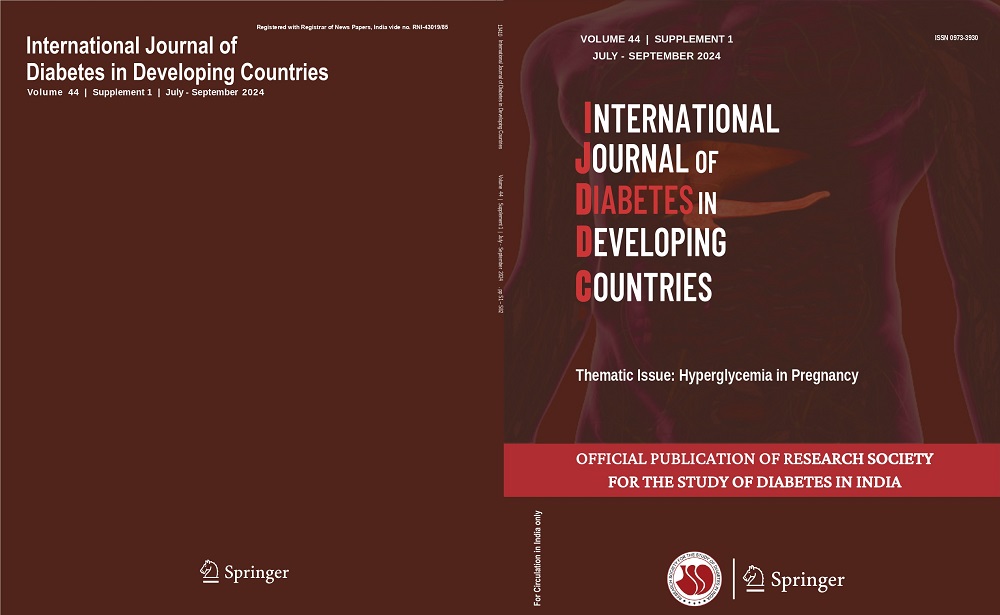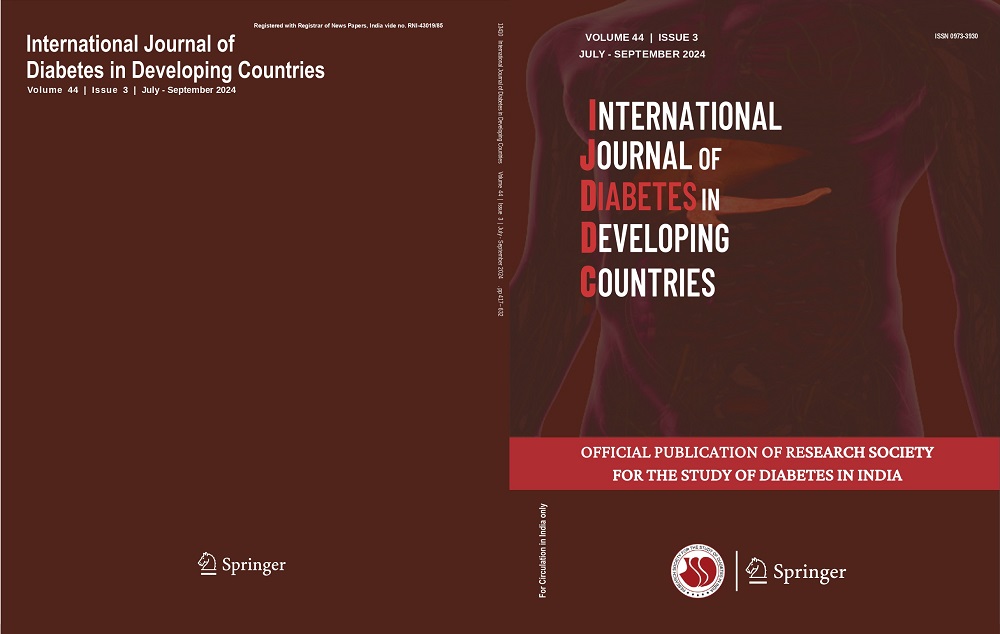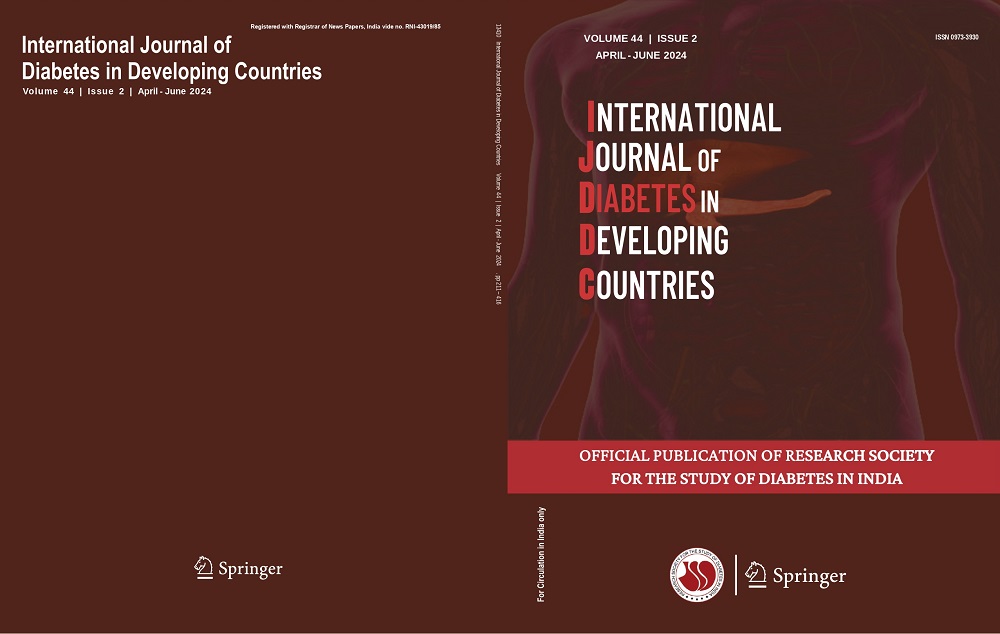Giuseppe Derosa, Pamela Maffioli
Keywords
Glibenclamide • Secretagogues • Glycemic control • Hypoglycemia • Cardio-metabolic risk
Abstract
The aim of this review is to evaluate the safety and efficacy of glibenclamide for the treatment of type 2 diabetes mellitus, in particular we evaluated glibenclamide effect on cardiovascular risk and metabolic control, and all causes of mortality. A systematic search strategy was developed to identify randomized controlled trials included in both MEDLINE and the Cochrane Register of Controlled Trials using the terms “glibenclamide”, “secretagogues”, “type 2 diabetes”, “adverse events”, “combination therapy”, “cardiovascular risk”. Participants needed to be affected by type 2 diabetes mellitus, the intervention included glibenclamide at any dosage both in monotherapy or in combination with other anti-diabetic drugs. A validated, 3 items scale was used to evaluate the overall reporting quality of the trials selected for inclusion in the present review. Monotherapy with the most used insulin secretagogues, including glimepiride, glibenclamide, glipizide, and tolbutamide, seems to be associated with increased mortality and cardiovascular risk compared with metformin, even if gliclazide and repaglinide appear to be associated with a lower risk than other insulin secretagogues. Proper selection of the right patient is very useful to obtain the maximum benefit from sulfonylureas use and to reduce at minimum the risk of hypoglycemia.




